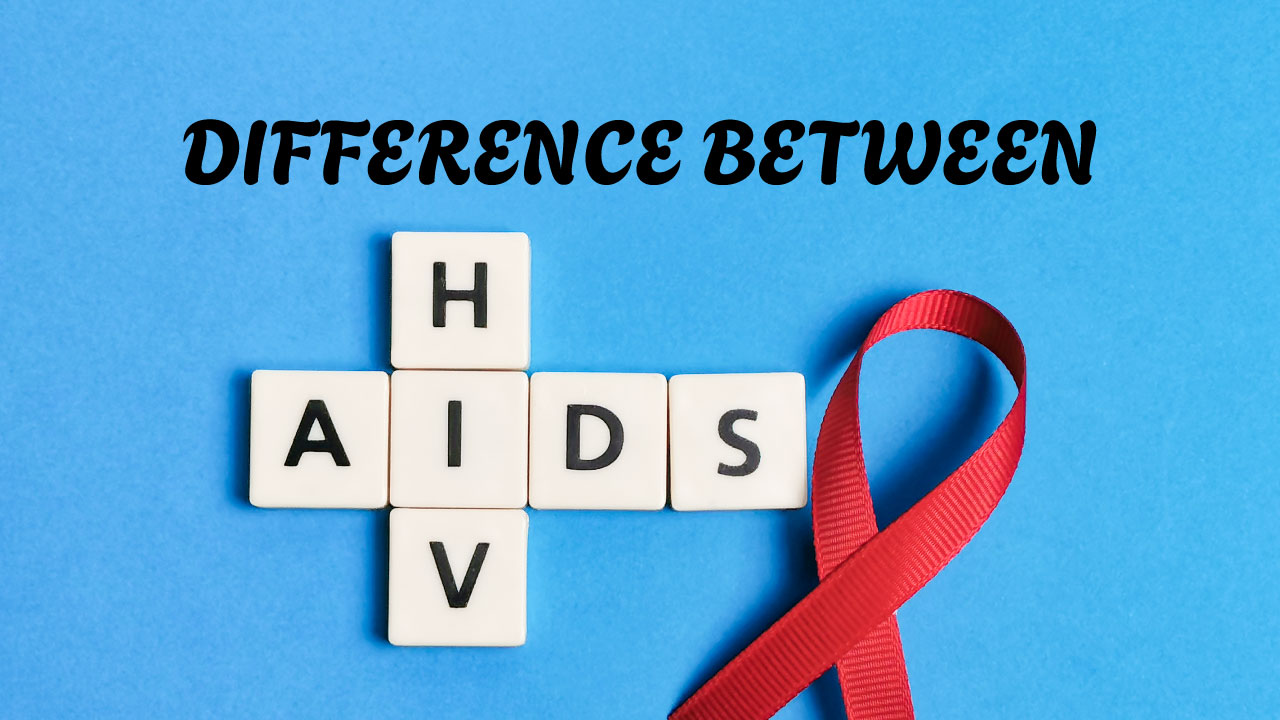Understand the difference: between HIV and AIDS
Often people use interchangeably these two terms HIV and AIDS, but these terms create confusion about what they exactly represent. As both are linked, they have different meanings within the context of the human immune system and its response to infection.
HIV, the Human Immunodeficiency Virus, is the actual infectious agent
CD4 cells are actually targeted and weakened due to this virus. The CD4 cells are vital white blood cells and these are responsible for coordinating the immune system's defense against multiple diseases and a lot of infections. Because HIV reproduces within these cells, it dramatically weakens the system of immune, making the body increasingly vulnerable.
AIDS, Acquired Immunodeficiency Syndrome, stands for the late stage of HIV infection
This is not a separate virus, rather, it is the result of seriously weakened immunity brought on by persistent, untreated HIV infection. There is a critical threshold, and when the CD4 cell count falls below this threshold, the body becomes susceptible to "opportunistic infections" - infections that usually wouldn't implement or produce a threat to a healthy immune system. These infections including some specific cancers and pneumonia can become life-threatening in individuals with AIDS.
The key distinction lies in their nature:
- HIV is the virus, the reason for the issue or problem
- AIDS is the consequence, actually the problem's advanced stage
.



